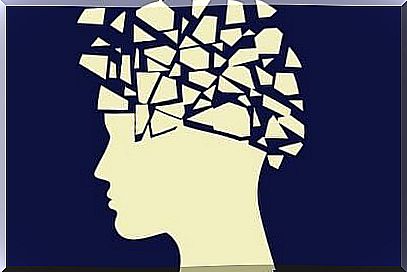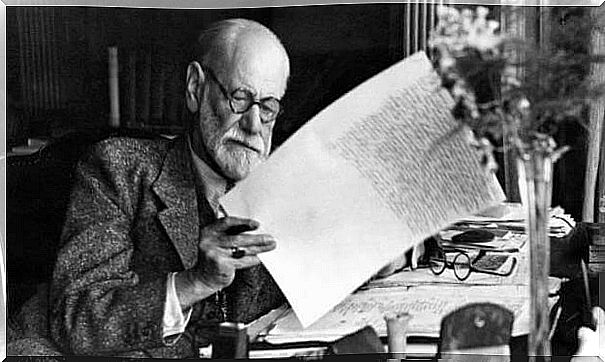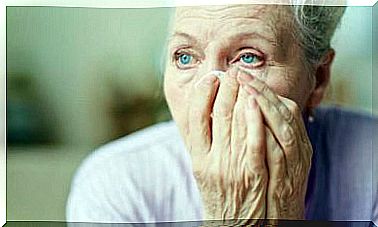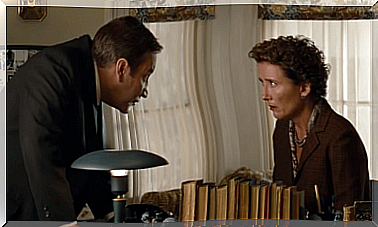The ABC Of Psychic Trauma

Psychic trauma is one of those topics that everyone talks about but that few understand in depth. Not every negative experience can be classified as trauma, and not every trauma occurs consciously.
In fact, many people are unaware that they carry this brand, despite how much it can influence their behavior.
The magnitude of psychic trauma does not depend exclusively on the seriousness of the facts to which a person was exposed. They decisively influence factors such as age, context, mental state at the time of the experience, subsequent events, etc.
Psychic traumas sometimes have lifelong consequences. We are talking about realities that must be addressed by a professional, as it is very difficult for a person, no matter how hard they try, to overcome them without a targeted and adapted intervention.
We all have traumas in life, but they are different from each other and, besides, not all of us get the same marks.

Defining psychic traumas
In general terms, psychic traumas are defined as unexpected experiences that generate strong emotional pain. In trauma, a real, potential or imagined threat to the person’s life or integrity is always present.
The experiences we are witnesses also fit within this definition, although they do not fall directly on us.
The response of the person exposed to this type of situation is one of dread. That is, a state of stupor in which a profound sense of powerlessness is experienced. In general, and especially in children, the initial response is emotional chaos, agitation, disorganized behavior, or paralysis.
Psychic traumas are stored anomalously in our memory. The experience is so overwhelming that the mind cannot faithfully and orderly record what happened. It’s like a shock to the brain.
Hence, it is common for the information involved to be confined and archived, so to speak. In other words, we only remember some aspects and the rest is consciously forgotten. It’s a defense mechanism to move forward.
The characteristics of psychic traumas
The determining factor of trauma is the unexpected, the lack of preparation, the lack of adequate coping resources. Somehow, neither the body nor the mind are prepared to live this experience.
Suddenly, the organism and the psyche must react in a very short time. The level of nervous excitement reaches such a high level that the person cannot work out the experience and integrate it into his story in a way that does not harm him.
On the other hand, psychic traumas do not always stem from real facts. Sometimes the human mind is not able to separate what happens in reality from what it imagines or evokes.
Thus, there may be psychic traumas originated not in a real fact of threat, but in the subjective fact of feeling threatened.
Sigmund Freud found that many of his patients had gone through experiences that, for them, were intolerable, yet did not put their lives at risk or their integrity at risk in the strict sense.
The case of a woman who hallucinated with the smell of burnt cake is often cited. Her psychoanalysis brought her to the memory of the time when she was working as a domestic servant for a family. She had received a letter from her mother and the children in the house where she worked had caught her. At that moment, the cakes that were in the oven were burning.

The psychological effects of trauma
Psychic traumas have different levels of severity. The most serious ones can make a person organize their entire life and their entire perception of reality in terms of the traumatic experience. For example, someone who has been a victim of sudden abandonment very early in life becomes unable to trust people.
It is common for those who have suffered psychic trauma to develop the so-called post-traumatic stress syndrome. It is about continuing to experience the trauma, unconsciously, even if there is no longer any danger.
A typical case is of people who participated in wars and then feel tormented by violent memories, to the point where they can no longer live normally.
It is also common that one of the effects of psychic trauma is anxiety and depression, with manifestations such as panic attacks or various types of dysfunction.
The important thing is to know that with proper professional help it is possible to minimize the effects of this type of impact. This involves a re-elaboration of the event and an intervention on emotional memory.








